Marine Conservation Meaning Society On Twitter: "urgent 🚨 Less Than 12h Left To
Marine Conservation is a critical aspect of preserving our oceans and the diverse life forms that inhabit them. It plays a crucial role in maintaining the ecological balance and ensuring the sustainable use of marine resources.
Marine Conservation - Gap Africa Projects
Gap Africa Projects is dedicated to marine conservation efforts around the world. Their initiatives focus on protecting marine biodiversity, promoting sustainable fishing practices, and raising awareness about the importance of preserving our oceans.
Marine conservation involves various strategies and actions aimed at safeguarding marine ecosystems and the species that rely on them. It encompasses a wide range of activities, including research, habitat restoration, pollution control, and community engagement.
By implementing effective measures and policies, marine conservationists strive to minimize the adverse impacts of human activities on marine environments. They work towards reducing pollution, preventing overfishing, and mitigating the effects of climate change.
One of the key components of marine conservation is the establishment of marine protected areas (MPAs). These are designated areas where human activities are regulated to ensure the long-term conservation of biodiversity. MPAs serve as sanctuaries for marine life, allowing species to thrive and ecosystems to regenerate.
Through their conservation efforts, organizations like Gap Africa Projects are actively involved in establishing and managing MPAs in collaboration with local communities and government agencies. This is crucial for the preservation of marine biodiversity and the sustainable use of marine resources.
A significant aspect of marine conservation is the promotion of sustainable fishing practices. Overfishing has become a major threat to marine ecosystems and the livelihoods of millions of people who depend on fishing for their sustenance.
By implementing measures such as fishing quotas, size limits, and gear restrictions, marine conservationists aim to ensure that fish populations can replenish and maintain healthy levels. This helps to prevent the collapse of fish stocks and supports the sustainability of fishing as an industry.
What is marine conservation, and more specifically, eco-diving?

Marine conservation goes hand in hand with the concept of eco-diving, which focuses on exploring and enjoying the underwater world while minimizing our impact on marine ecosystems. Eco-divers follow a set of guidelines to ensure that their diving activities do not harm the environment.
Eco-diving promotes responsible diving practices, including proper buoyancy control, avoiding contact with fragile coral reefs, and not disturbing marine life. By following these guidelines, divers can enjoy the breathtaking beauty of the underwater world while contributing to marine conservation efforts.
Furthermore, eco-diving also involves active participation in data collection and scientific research. Divers can assist marine biologists and conservationists by documenting marine species, monitoring coral health, and contributing to citizen science initiatives.
Through eco-diving, individuals can become ambassadors for marine conservation, raising awareness about the importance of protecting our oceans and inspiring others to take action. It is a unique opportunity to experience the wonders of the marine world firsthand while actively contributing to its preservation.
Why is Marine Conservation So Important? - SearchScene Blog
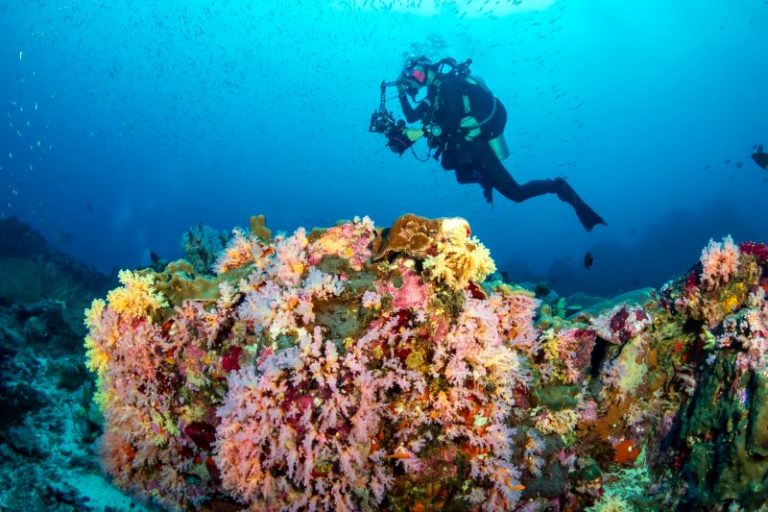
Marine conservation is of utmost importance due to the vital role that oceans play in our daily lives. Here are some key reasons why marine conservation should be a priority:
1. Biodiversity Preservation: Our oceans are home to a staggering array of species, many of which are yet to be discovered. Marine conservation efforts aim to protect and preserve this incredible biodiversity, ensuring the survival of unique and ecologically important marine life.
2. Climate Regulation: Oceans play a critical role in regulating the Earth's climate. They act as a "sink" for carbon dioxide, absorbing a significant portion of the greenhouse gas emissions. By protecting marine ecosystems, we can help mitigate climate change and its associated impacts.
3. Food Security: Millions of people worldwide rely on the oceans as a primary source of food. Sustainable fishing practices and marine conservation efforts are essential to ensure the availability of seafood for present and future generations.
4. Economic Value: Marine resources contribute significantly to the global economy through various sectors such as tourism, fisheries, and pharmaceuticals. Marine conservation helps maintain the productivity and sustainability of these industries.
5. Medicinal Discoveries: The oceans are a vast reservoir of potential medicinal compounds. Many life-saving drugs have been derived from marine organisms, and continued conservation efforts can lead to further discoveries that benefit human health.
6. Cultural Heritage: Coastal communities have deep cultural connections with the oceans, relying on them for livelihoods, traditional practices, and spiritual beliefs. Preserving marine ecosystems is essential to safeguard these cultural heritages.

To address the challenges facing marine ecosystems, it is crucial to involve multiple stakeholders, including governments, environmental organizations, local communities, and individuals. Collaboration and collective action are key to implementing effective marine conservation strategies.
Marine Conservation Today

The field of marine conservation has made significant progress in recent years. Several international agreements and initiatives have been established to protect marine ecosystems and promote sustainable practices.
The United Nations Sustainable Development Goal 14, "Life Below Water," specifically focuses on the conservation and sustainable use of oceans, seas, and marine resources. It sets targets for reducing marine pollution, protecting coastal and marine habitats, and restoring fish stocks.
Furthermore, numerous non-governmental organizations, research institutions, and local communities are actively engaged in marine conservation efforts. They conduct scientific research, implement conservation projects, and raise awareness about the importance of protecting our oceans.
Science-based approaches are crucial for effective marine conservation. Research helps us understand the complex dynamics of marine ecosystems, identify conservation priorities, and develop evidence-based management strategies.
By studying marine species, habitats, and ecosystems, scientists can assess the impacts of human activities and identify ways to mitigate them. Additionally, research contributes to our understanding of the interconnectedness between marine and terrestrial ecosystems, paving the way for more holistic conservation efforts.
The following are six lessons that can guide science-based ocean conservation:
1. Collaboration: Collaborative efforts involving scientists, policymakers, and communities lead to better conservation outcomes. By working together, diverse perspectives can be incorporated into decision-making processes.
2. Ecosystem Approach: Conservation efforts should consider the entire ecosystem rather than individual species. Understanding the interactions and dependencies between different components of the ecosystem is crucial for effective management.
3. Long-term Monitoring: Continuous monitoring is essential to assess the effectiveness of conservation measures and identify trends or potential threats. Long-term data collection provides valuable insights into ecosystem dynamics.
4. Adaptive Management: Conservation strategies should be flexible and adaptable to changing circumstances. By continuously learning and adjusting approaches based on new information, we can improve the effectiveness of conservation efforts.
5. Local Knowledge: Indigenous and local communities possess valuable knowledge about marine ecosystems. Their traditional ecological knowledge can complement scientific research and inform conservation strategies that respect cultural practices and traditions.
6. Education and Outreach: Engaging and educating the public about marine conservation is crucial for fostering a sense of stewardship. By raising awareness and involving people in conservation initiatives, we can create a collective responsibility for the well-being of our oceans.
Why Marine Conservation Matters? - Ramblings of a Coffee Addicted Writer

Marine conservation matters because our oceans are facing numerous threats that require urgent action. Here are some of the key reasons why marine conservation is essential:
1. Loss of Biodiversity: Human activities, such as overfishing, habitat destruction, and pollution, are causing a decline in marine biodiversity. Conservation efforts are essential to safeguard the rich array of marine life and maintain the functionality of ecosystems.
2. Climate Change Impacts: Rising sea temperatures, ocean acidification, and changing weather patterns due to climate change pose significant risks to marine ecosystems. Conservation measures can help build resilience and protect vulnerable species and habitats.
3. Pollution and Plastic Waste: Marine ecosystems are being overwhelmed with pollution, including plastics, oil spills, and chemical contaminants. Effective conservation strategies can mitigate the detrimental effects of pollution and promote a clean and healthy marine environment.
4. Habitat Destruction: Destructive fishing practices, coastal development, and the degradation of coral reefs and seagrass beds are threatening essential marine habitats. Conservation efforts aim to restore and protect these habitats, ensuring their long-term survival.
5. Invasive Species: Invasive species can have devastating impacts on native marine flora and fauna. By implementing measures to prevent and control the introduction of invasive species, conservationists can protect the integrity of marine ecosystems.
6. Sustainable Resource Management: Marine conservation is closely linked to sustainable resource management. By promoting sustainable fishing practices, reducing bycatch, and implementing regulations, we can ensure the long-term availability of marine resources.
Marine conservation matters because our oceans are invaluable. They provide us with food, oxygen, and economic opportunities. Preserving and protecting these vital ecosystems is not only crucial for the well-being of marine life but also for the future of our planet.
Marine Conservation

Marine conservation seeks to protect, restore, and sustainably manage marine ecosystems for the benefit of present and future generations. It involves a combination of scientific research, policy development, community engagement, and on-the-ground conservation efforts.
Conservation organizations and initiatives work towards preserving marine biodiversity, promoting sustainable fishing practices, reducing pollution, and addressing the impacts of climate change on marine ecosystems.
Through the establishment of marine protected areas (MPAs) and the implementation of effective management measures, marine conservation aims to conserve and restore marine habitats, protect endangered species, and maintain healthy ecosystems.
Marine conservation also involves raising awareness among the public about the importance of oceans and the need to preserve them. Education and outreach programs help to foster a sense of environmental responsibility and empower individuals to take action to protect our oceans.
Marine Conservation - Ocean Connect

Ocean Connect is a leading organization dedicated to marine conservation around the world. Their initiatives focus on research, education, and community engagement to promote the sustainable use of marine resources and protect marine ecosystems.
Through their projects and collaborations with local communities, Ocean Connect works to address the challenges facing marine environments, including habitat degradation, overfishing, pollution, and climate change impacts.
By implementing innovative solutions and fostering partnerships, Ocean Connect strives to create a future where marine ecosystems thrive, and the benefits they provide are enjoyed by all.
Making Waves: Ocean Conservation Resources for Libraries - Britannica
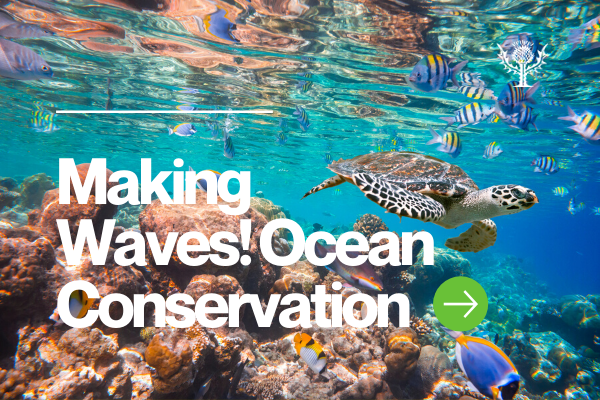
Britannica offers a wealth of ocean conservation resources for libraries to educate and inspire individuals about the importance of marine conservation. These resources provide comprehensive information on various topics related to ocean conservation, including marine biodiversity, threatened species, conservation techniques, and the impacts of human activities on marine ecosystems.
Libraries can access Britannica's vast collection of articles, videos, interactive maps, and educational materials to create engaging displays, organize workshops and events, and provide accurate information to library users of all ages.
By utilizing these resources, libraries can play a crucial role in raising awareness about marine conservation and empowering individuals to contribute to the protection of our oceans.
In conclusion, marine conservation is essential for the preservation of our oceans and the countless species that depend on them. It addresses various threats such as overfishing, pollution, habitat destruction, and climate change impacts. Through collaborative efforts and the implementation of effective strategies, we can ensure the long-term health and sustainability of our oceans. It is our collective responsibility to protect and conserve these magnificent ecosystems for current and future generations.
If you are searching about What is marine conservation, and more specifically, eco-diving? you've visit to the right place. We have 30 Images about What is marine conservation, and more specifically, eco-diving? like Why is Marine Conservation So Important? - SearchScene Blog, What is Marine Conservation? | How to Protect Our Oceans - YouTube and also Making Waves: Ocean Conservation Resources for Libraries - Britannica. Here you go:
What Is Marine Conservation, And More Specifically, Eco-diving?
 diveintolife.blog
diveintolife.blog specifically
What is marine conservation?. Marine conservation
Marine Conservation - YouTube
 www.youtube.com
www.youtube.com marine conservation
Find out what marine conservation is. Marine conservation dive importance professional maintain buoyancy mastering fragile neutral divers distance safe control
Marine Conservation - Ocean Connect
 www.ocean-connect.org
www.ocean-connect.org Marine conservation. Why is marine conservation so important?
3 Things To Know About Working In Marine Conservation - Ocean Conservancy
 oceanconservancy.org
oceanconservancy.org conservation
Marine conservation today. See our conservation priorities for 2015! » marine conservation institute
Marine Conservation - Earth Issues - Animal Encyclopedia
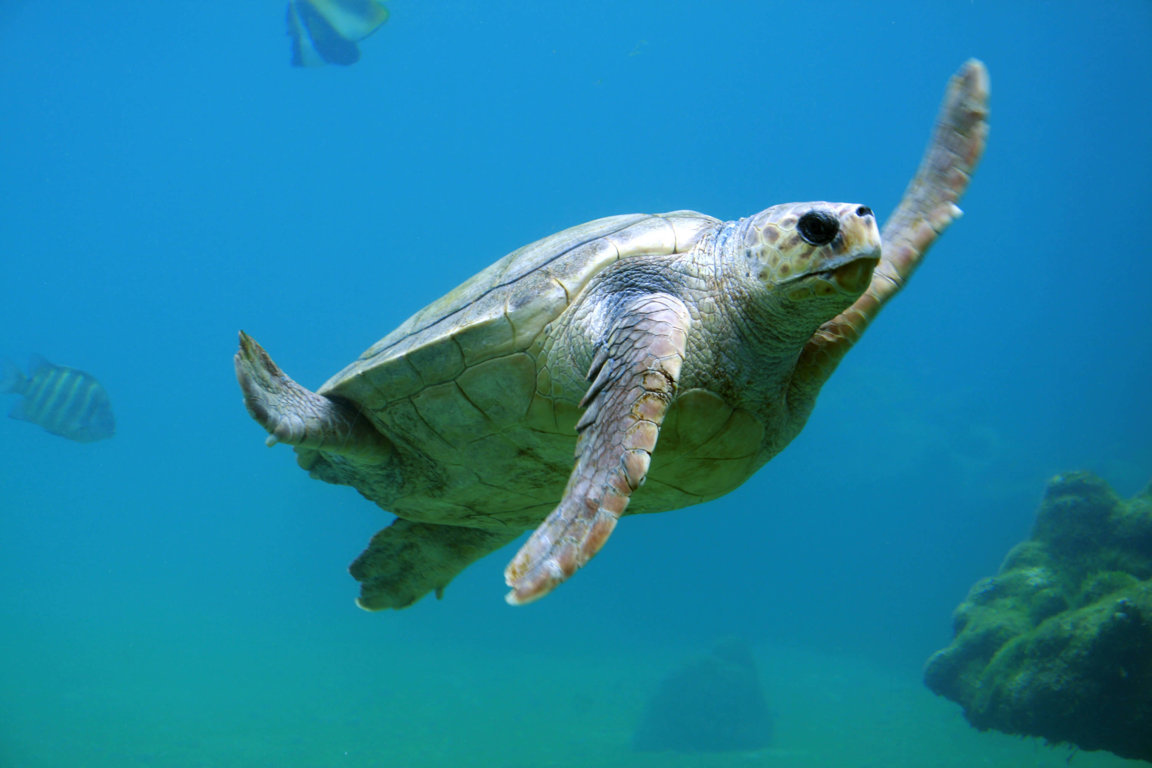 www.worldanimalfoundation.org
www.worldanimalfoundation.org Making waves: ocean conservation resources for libraries. Marine conservation
The Importance Of Marine Conservation As A Dive Professional
 idckohtao.com
idckohtao.com marine conservation dive importance professional maintain buoyancy mastering fragile neutral divers distance safe control
Making waves: ocean conservation resources for libraries. Marine conservation
NRE To Introduce Marine Conservation Law | New Straits Times | Malaysia
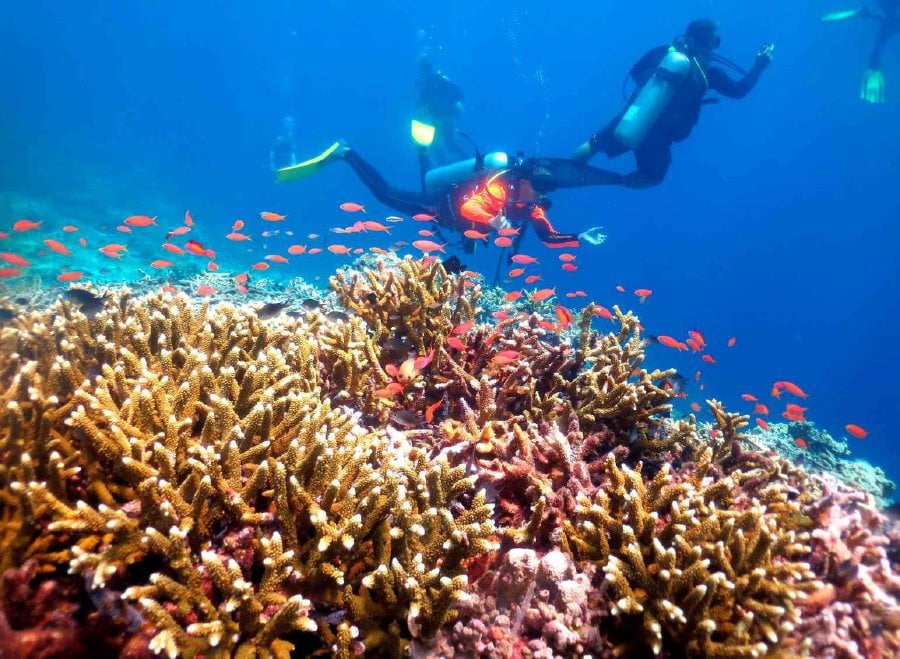 www.nst.com.my
www.nst.com.my conservation marine nre law introduce ecosystem ministry jaafar datuk junaidi seri minister wan tuanku environment says resources looking natural
Conservation marine program eco go scuba diving rica costa. Frink thoughtco transplanting corals
So You Want A Career In Marine Conservation? — The Reef-World Foundation
Marine conservation: people, ideas and action. Marine conservation efforts just took a major step forward
Marine Conservation: People, Ideas And Action - Bob Earll
 pelagicpublishing.com
pelagicpublishing.com conservation earll
Conservation marine important why sight mind front gvi able might below. 3 things to know about working in marine conservation
Making Waves: Ocean Conservation Resources For Libraries - Britannica
 elearn.eb.com
elearn.eb.com libraries
Marine conservation. Unique marine conservation organisation launched
Find Out What Marine Conservation Is
:max_bytes(150000):strip_icc()/transplanting-corals-stephenfrink-image-source-getty-56a5f7985f9b58b7d0df5142.jpg) www.thoughtco.com
www.thoughtco.com frink thoughtco transplanting corals
What is marine conservation?. 6 lessons for effective science-based ocean conservation
Marine Conservation Society On Twitter: "We're Hiring! We're Looking
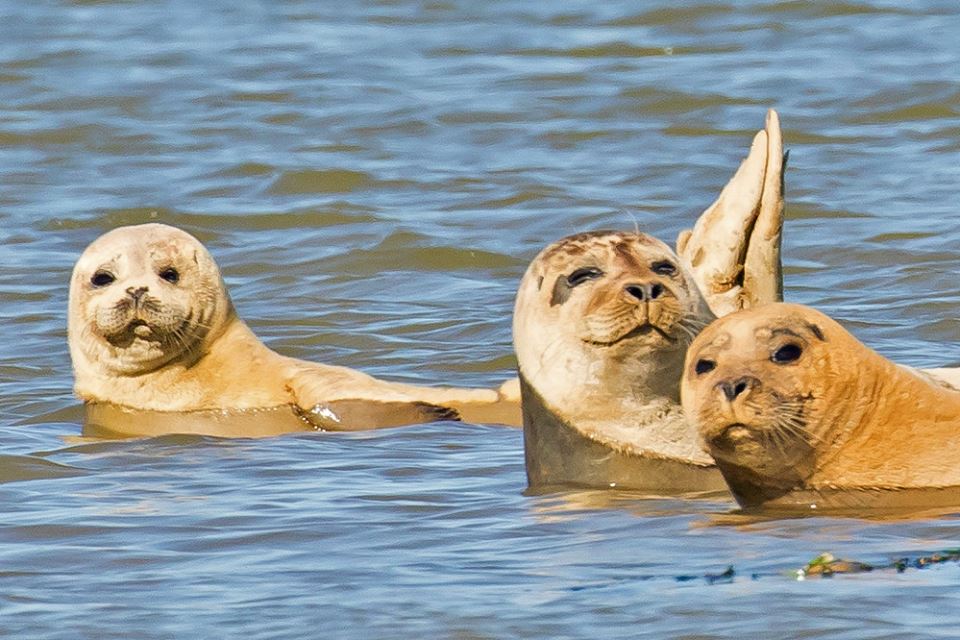 twitter.com
twitter.com Find out what marine conservation is. The need for more marine conservation volunteers in austr...
Australian Marine Conservation Society | Protecting Australia's Oceans
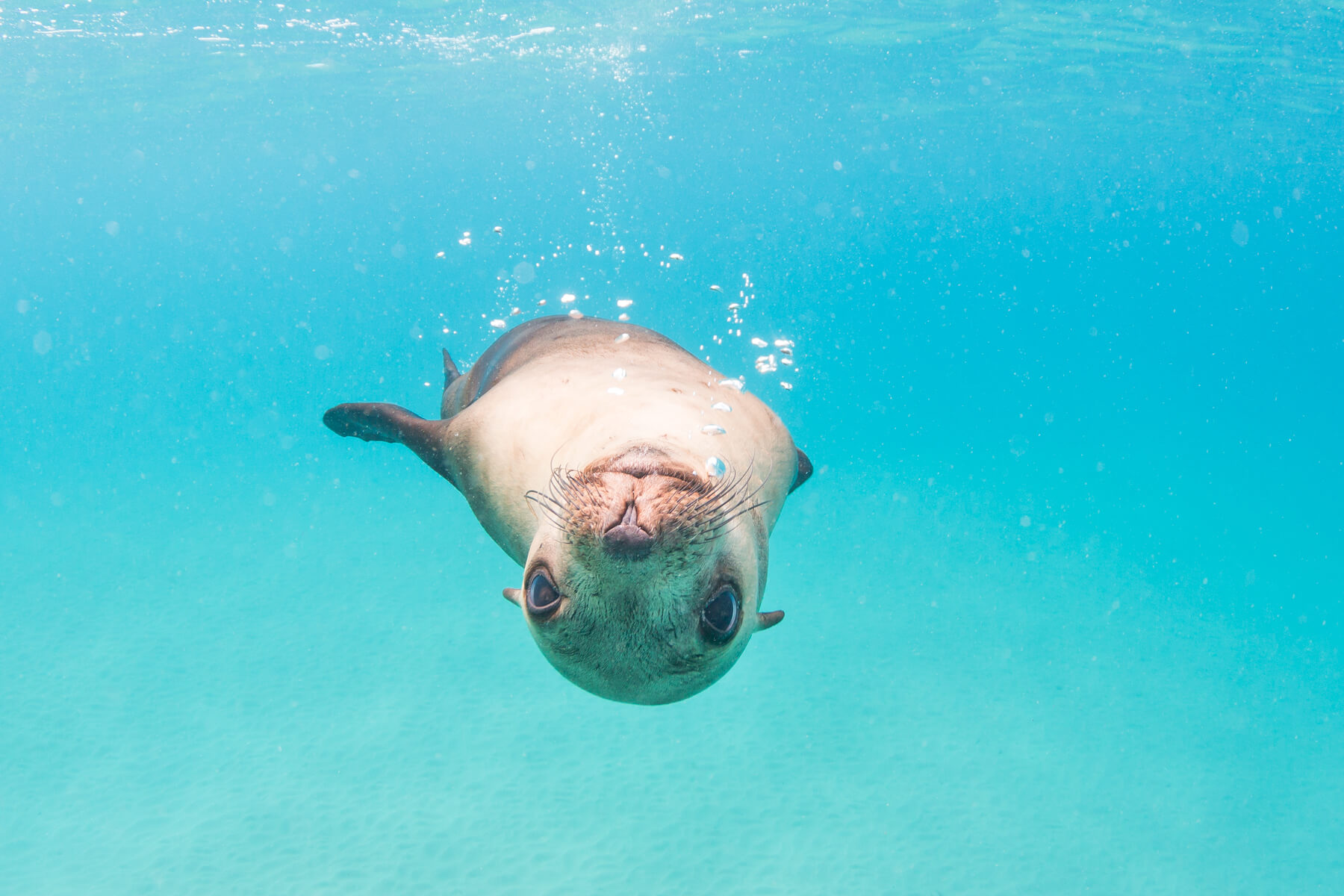 www.marineconservation.org.au
www.marineconservation.org.au conservation
What is marine conservation, and more specifically, eco-diving?. Conservation marine important why
Marine Conservation Efforts Just Took A Major Step Forward
 mashable.com
mashable.com efforts took
Why is marine conservation so important?. Marine conservation
6 Lessons For Effective Science-Based Ocean Conservation | HuffPost
conservation ocean research effective lessons improve steps based science want
Conservation marine priorities institute focusing wonder posted year just. Marine conservation
Why Is Marine Conservation So Important? - SearchScene Blog
 blog.searchscene.com
blog.searchscene.com conservation reefs
Marine conservation: people, ideas and action. Frink thoughtco transplanting corals
The Need For More Marine Conservation Volunteers In Austr...
 www.goabroad.com
www.goabroad.com marine conservation reef coral jamaica snorkeling australia bay montego need projects sensory tube sunscreen mexico saving volunteers sandals delight melting
Marine conservation. So you want a career in marine conservation? — the reef-world foundation
Out Of Sight, Front Of Mind: Why Marine Conservation Is So Important
 www.gvi.co.uk
www.gvi.co.uk conservation marine important why sight mind front gvi able might below
Marine conservation. Conservation marine important why
Marine Conservation - Gap Africa Projects
conservation marine projects individual 21st march
Marine conservation. Marine conservation
Marine Conservation Program – Go ECO - Scuba Diving Costa Rica
conservation marine program eco go scuba diving rica costa
Conservation marine important why sight mind front gvi able might below. Out of sight, front of mind: why marine conservation is so important
Marine Conservation
 view.genial.ly
view.genial.ly Marine conservation efforts just took a major step forward. Conservation marine important why sight mind front gvi able might below
What Is Marine Conservation, And More Specifically, Eco-diving?
 diveintolife.blog
diveintolife.blog Conservation ocean research effective lessons improve steps based science want. Conservation earll
What Is Marine Conservation? | How To Protect Our Oceans - YouTube
 www.youtube.com
www.youtube.com oceans
Making waves: ocean conservation resources for libraries. Find out what marine conservation is
Marine Conservation Society On Twitter: "URGENT 🚨 Less Than 12h Left To
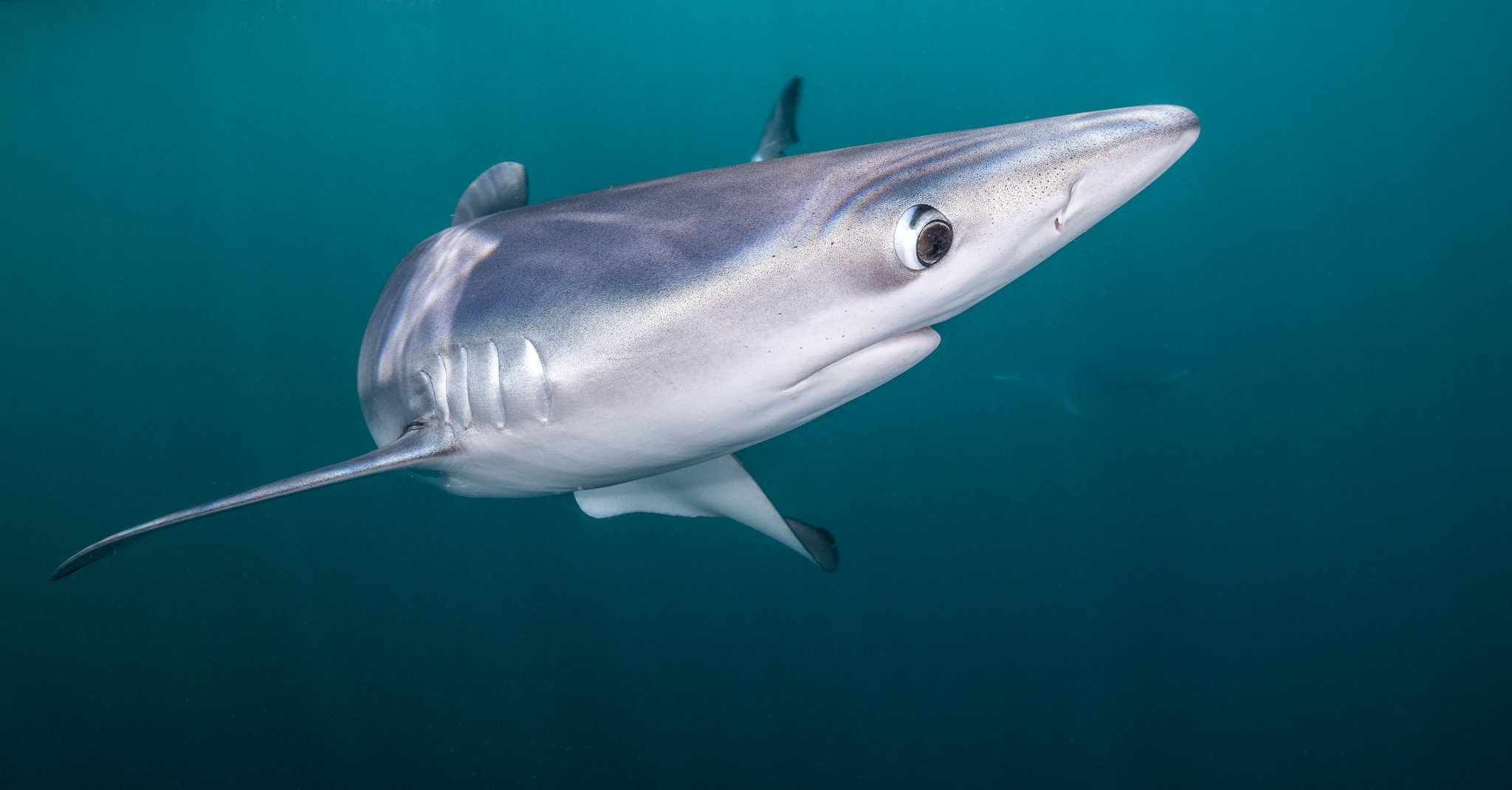 twitter.com
twitter.com Marine conservation program – go eco. Conservation marine priorities institute focusing wonder posted year just
Why Marine Conservation Matters? - Ramblings Of A Coffee Addicted Writer
 www.coffeeaddictedwriter.com
www.coffeeaddictedwriter.com So you want a career in marine conservation? — the reef-world foundation. Conservation marine
Why Is Marine Conservation So Important? - Oyster
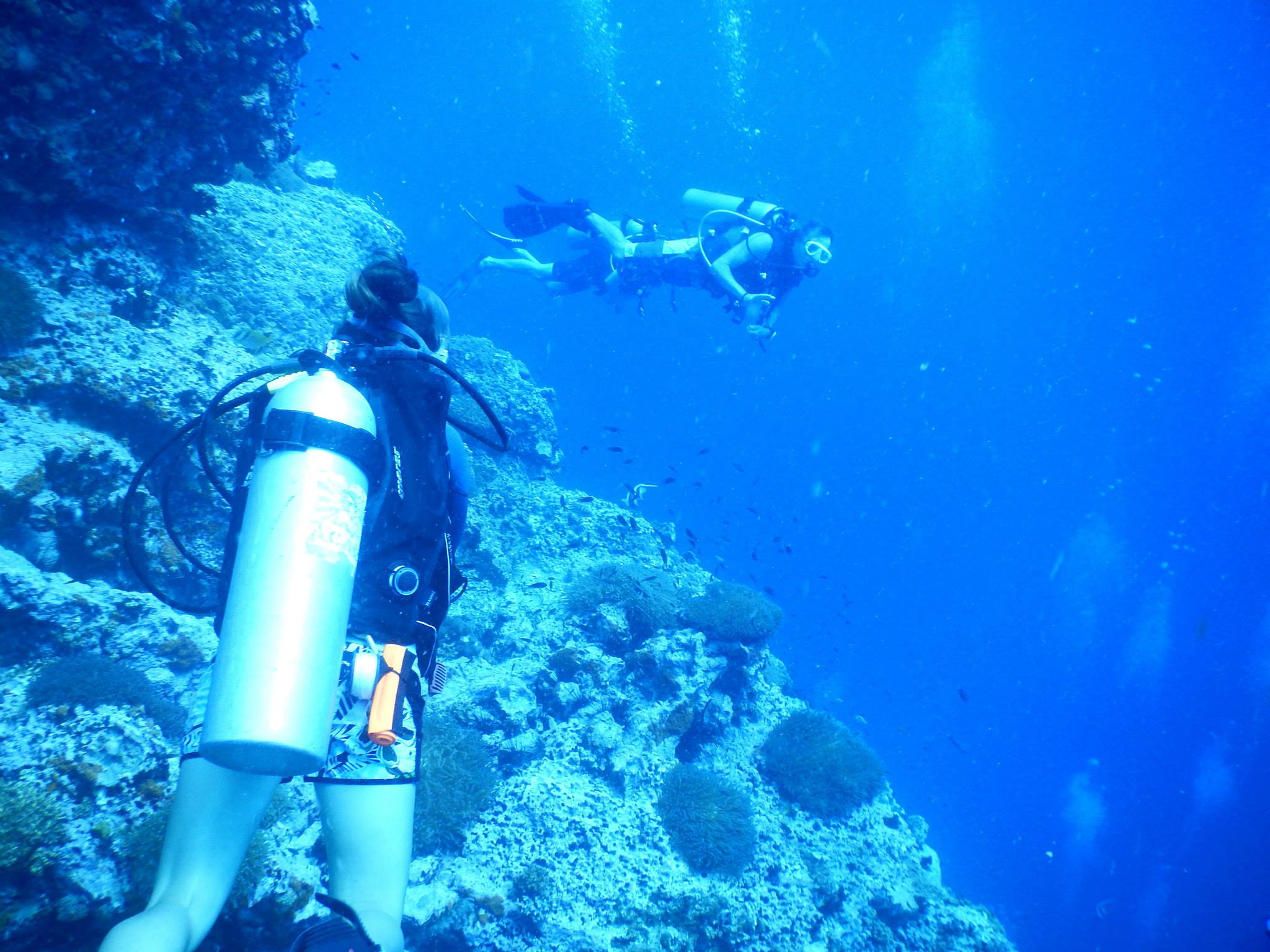 www.oysterworldwide.com
www.oysterworldwide.com conservation marine important why
See our conservation priorities for 2015! » marine conservation institute. Marine conservation
See Our Conservation Priorities For 2015! » Marine Conservation Institute
 marine-conservation.org
marine-conservation.org conservation marine priorities institute focusing wonder posted year just
Marine conservation. Frink thoughtco transplanting corals
Marine Conservation: People, Ideas And Action - Bob Earll
 pelagicpublishing.com
pelagicpublishing.com conservation marine
Marine conservation. Marine conservation
Marine Conservation Today
 newsclips.marine-conservation.org
newsclips.marine-conservation.org 6 lessons for effective science-based ocean conservation. What is marine conservation?
Unique Marine Conservation Organisation Launched - Reef Life Survey
 reeflifesurvey.com
reeflifesurvey.com conservation marine organisation launched unique
What is marine conservation, and more specifically, eco-diving?. Marine conservation program – go eco
Conservation marine important why. Marine conservation. The need for more marine conservation volunteers in austr...
Post a Comment for "Marine Conservation Meaning Society On Twitter: "urgent 🚨 Less Than 12h Left To"